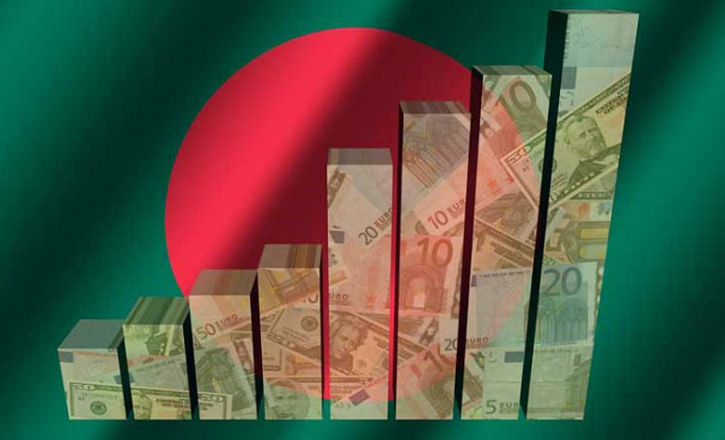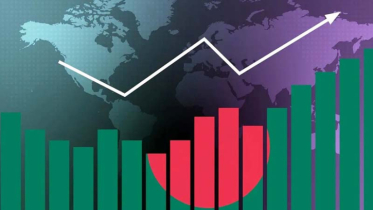Bangladesh to post sixth highest GDP growth in Asia in FY24

In the current fiscal year Bangladesh is expected to achieve the sixth-highest economic growth in Asia, although the rate will be lower than its recent averages and the government's initial target due to ongoing economic challenges.
According to the recently released Global Economic Prospects report by the World Bank, Bangladesh's gross domestic product (GDP) expansion is projected to slow to 5.6 percent in the fiscal year 2023-24, remaining unchanged from the October update. If this projection materializes, it would represent the lowest GDP growth in over a decade, excluding the pandemic-affected year of 2019-2020.
The government has opted to revise its GDP growth target downwards for the fiscal year 2023-24, setting it at 6.5 percent compared to the initially ambitious target of 7.5 percent. This adjustment is a response to persistent economic challenges such as import restrictions, elevated material and energy costs, and external and financial pressures, which contributed to the economic growth slowing to 6 percent in the fiscal year 2022-23.
Despite the current challenges, the World Bank anticipates a rebound in economic growth in the next fiscal year as inflationary pressures subside.
In the context of Asia, comprising 48 nations spanning the Pacific, East Asia, Central Asia, the Middle East, and South Asia, Bangladesh is expected to trail only five countries in terms of GDP growth in the fiscal year 2023-24. These leading nations are Cambodia (forecasted at 5.8 percent), Mongolia (6.2 percent), Palau (12.4 percent), the Philippines (5.8 percent), and India (6.3 percent).
Globally, the report projects a slowdown in economic growth for the third consecutive year, dropping from 2.6 percent last year to 2.4 percent in 2024. Developing economies are anticipated to grow at 3.9 percent, more than one percentage point below the average of the previous decade.
.png)









